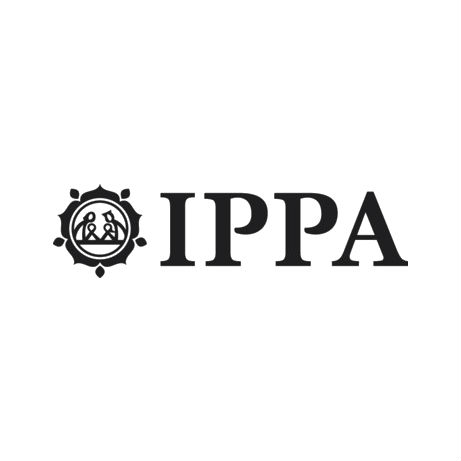

| 31 March 2016
Indonesian Planned Parenthood Association
The Indonesian Planned Parenthood Association (IPPA) initiated Indonesia’s family planning movement in 1957 by setting up facilities to provide advice and services. It did so in the face of strong opposition from the government and religious leaders, but in the intervening years it has prospered and grown, and now delivers an extensive range of sexual and reproductive health (SRH) services. IPPA operates a network of 96 service outlets including 45 permanent clinics, 25 mobile facilities, 50 associated centres/organizations and 56 community-based distributors/community-based services (CBDs/CBSs). The organization’s firm belief is that personal welfare and good health, and national prosperity are dependent to a large degree on access to SRH information and services. IPPA is particularly attuned to the needs of vulnerable and marginalized groups, and runs specific projects for street children, men who have sex with men, transgender men and female sex workers. Contacts Website: www.pkbi.or.id Twitter: https://twitter.com/suarapkbi

| 31 March 2016
Fianakaviana Sambatra - Madagascar Association
Relative to much of Africa, Madagascar has high levels of contraceptive use, but high birth rates coupled with endemic poverty and limited government-led sexual and reproductive health (SRH) provision mean that child mortality and maternal death figures are high. Fianakaviana Sambatra (FISA) has been fighting since 1967 to improve the nation’s SRH through advocacy, education and direct service provision. Currently, it runs 67 service points, including: 11 permanent clinics, 3 mobile units and 12 community-based services (CBSs), across 6 of the country’s regions. FISA works with 5 associated clinics and 29 private practitioners. FISA has 70 full-time staff, 184 peer educators, and a youth action movement made up of 42 members. FISA delivers a wide range of services: family planning, prevention and management of HIV and AIDS and the provision and dissemination of comprehensive SRH materials. FISA has used its on-the-ground experience to advise government on national SRH policy. It has partnered with the Ministry of Health, Family Planning and Social Protection, and the Ministry of Youth to advocate for a concerted approach to resolving the critical SRH issues currently facing the country. At the same time, it works with non-governmental organizations (NGOs) such as Marie Stopes International, and the ASSONG coalition of NGOs. FISA receives financial support from UNFPA, the Big Lottery Fund, Amélioration de la Qualité De Services, the EU and IPPF’s Japan Trust Fund. It’s also closely connected to other organizations promoting SRH rights across the country and the region.







